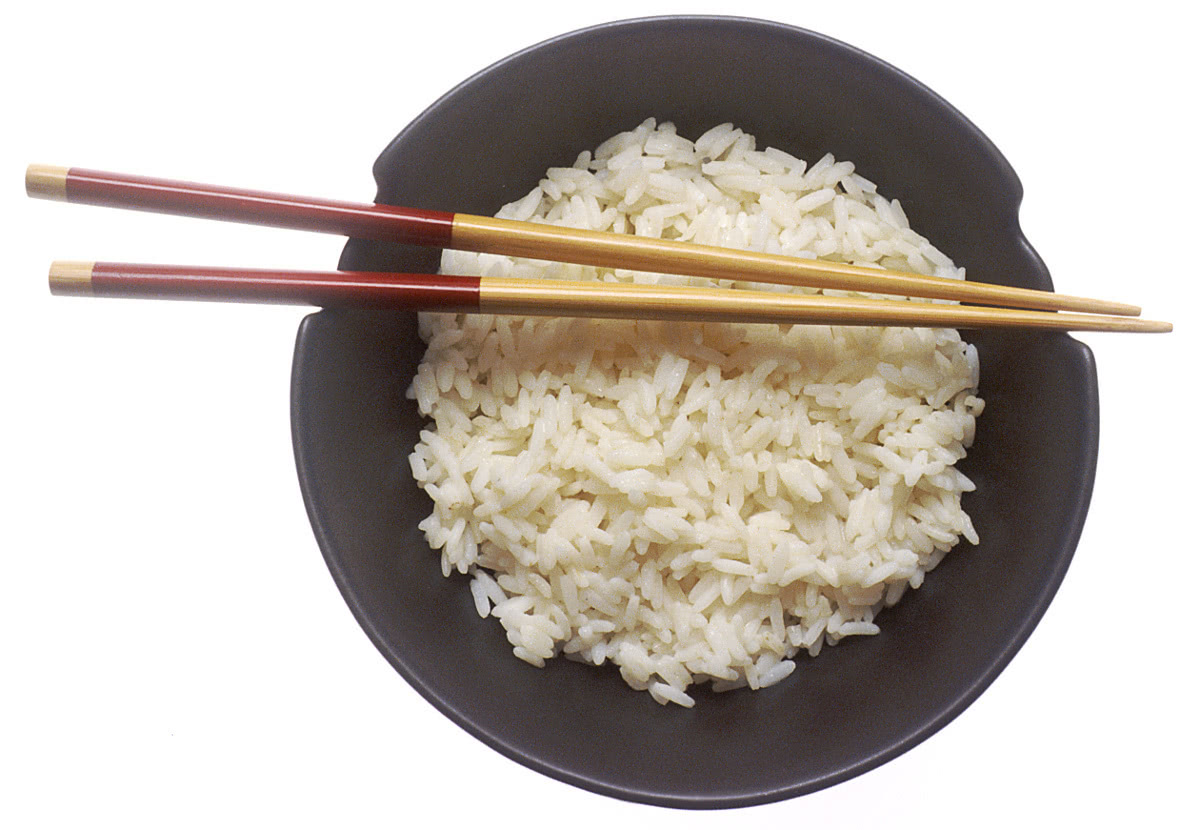 A recent series of Chinese acquisitions in the global mining space have touched off a mini-gold rush among foreign firms looking to cash in on the action through various tie-ups, including 2 new deals announced this week, one in the mining equipment sector and the other in gold exploration. All this comes as Yanzhou Coal (Shanghai: 600188; HKEx: 1171; NYSE: YZC) one of China’s top miners, has just sealed a deal to buy Australia’s Gloucester Coal for more than $2 billion (English article), and against a broader backdrop that has seen Chinese resource firms scramble to fulfill Beijing’s call to acquire global assets to make the nation more energy self sufficient. These latest deals, while smaller, show the China global resource grab will offer not only opportunities for owners of big global assets, but could also provide some interesting possibilities for smaller firms in niche businesses. In the more interesting of the 2 deals this week, mining equipment maker Joy Global (NYSE: JOY) has received approval to buy an additional 41 percent of Chinese peer International Mining Machinery (HKEx: 1683) for nearly $600 million, bringing its stake in the company to nearly 70 percent. That deal follows a similar one by bigger name US rival Caterpillar (NYSE: CAT), which said last month it would buy another Chinese mining company, ERA Mining Machinery (HKEx: 8043). (previous post) Clearly Joy and Caterpillar realize that companies like Chinese mining firms will need lots of equipment to tap their future acquisitions and are positioning themselves to be key suppliers. In the other news bit, a Canadian company called St. Elias Mines (Toronto: V), said it has held meetings with high-level Chinese officials that could result in Chinese investment in the company’s gold mining operations. (company announcement) That announcement, which St Elias clearly issued to generate hype, comes just a month after reports emerged that another Chinese firm, Shandong Gold (Shanghai: 600547), was pursuing a $1 billion purchase of a Brazilian gold mining asset, Jaguar Mining (Toronto: JAG). (previous post) Clearly global companies that work in and around the mining business are noticing China’s appetite for worldwide assets, and I would expect to see many more similar tie-ups in 2012.
A recent series of Chinese acquisitions in the global mining space have touched off a mini-gold rush among foreign firms looking to cash in on the action through various tie-ups, including 2 new deals announced this week, one in the mining equipment sector and the other in gold exploration. All this comes as Yanzhou Coal (Shanghai: 600188; HKEx: 1171; NYSE: YZC) one of China’s top miners, has just sealed a deal to buy Australia’s Gloucester Coal for more than $2 billion (English article), and against a broader backdrop that has seen Chinese resource firms scramble to fulfill Beijing’s call to acquire global assets to make the nation more energy self sufficient. These latest deals, while smaller, show the China global resource grab will offer not only opportunities for owners of big global assets, but could also provide some interesting possibilities for smaller firms in niche businesses. In the more interesting of the 2 deals this week, mining equipment maker Joy Global (NYSE: JOY) has received approval to buy an additional 41 percent of Chinese peer International Mining Machinery (HKEx: 1683) for nearly $600 million, bringing its stake in the company to nearly 70 percent. That deal follows a similar one by bigger name US rival Caterpillar (NYSE: CAT), which said last month it would buy another Chinese mining company, ERA Mining Machinery (HKEx: 8043). (previous post) Clearly Joy and Caterpillar realize that companies like Chinese mining firms will need lots of equipment to tap their future acquisitions and are positioning themselves to be key suppliers. In the other news bit, a Canadian company called St. Elias Mines (Toronto: V), said it has held meetings with high-level Chinese officials that could result in Chinese investment in the company’s gold mining operations. (company announcement) That announcement, which St Elias clearly issued to generate hype, comes just a month after reports emerged that another Chinese firm, Shandong Gold (Shanghai: 600547), was pursuing a $1 billion purchase of a Brazilian gold mining asset, Jaguar Mining (Toronto: JAG). (previous post) Clearly global companies that work in and around the mining business are noticing China’s appetite for worldwide assets, and I would expect to see many more similar tie-ups in 2012.
Bottom line: 2012 will be a big year for foreign tie-ups with Chinese in the mining space, as foreigners look to cash in one an expected global buying spree by China’s resource companies.
Related postings 相关文章:
◙ Cash-Rich China Eyes More Global Energy Assets 财大气粗的中国企业着眼更多全球资源并购
◙ Caterpillar Places Mining Bet With New Buy 卡特彼勒收购中资矿山机械企业押注中国矿业未来

 I normally don’t like to write about the same deal twice in one week, but in this case things suddenly seem to be moving quickly in the story of faded Internet giant Yahoo (Nasdaq: YHOO), which may soon dispose of some or all of its 40 percent stake in Chinese e-commerce leader Alibaba as well as its holdings in Yahoo Japan (Tokyo: 4689). Reports in the foreign media are slightly conflicting, but what’s clear is that the Yahoo board was set to meet on Thursday to discuss a plan that would see it sell either 25 percent of its stake in Alibaba, or perhaps the entire 40 percent stake, under a deal that would be worth around $17 billion. (
I normally don’t like to write about the same deal twice in one week, but in this case things suddenly seem to be moving quickly in the story of faded Internet giant Yahoo (Nasdaq: YHOO), which may soon dispose of some or all of its 40 percent stake in Chinese e-commerce leader Alibaba as well as its holdings in Yahoo Japan (Tokyo: 4689). Reports in the foreign media are slightly conflicting, but what’s clear is that the Yahoo board was set to meet on Thursday to discuss a plan that would see it sell either 25 percent of its stake in Alibaba, or perhaps the entire 40 percent stake, under a deal that would be worth around $17 billion. ( There are a couple of big new developments in the solar space, one from India that bodes poorly for China’s embattled sector, while the other coming the US seems like a diversion that won’t have much impact on an ongoing anti-dumping investigation. All of these developments have the catch phrase “anti-dumping” in common, indicating that perhaps China should wake up to the fact that it probably does provide generous subsidies to its solar cell makers, hurting competitors in other markets, and should take steps to end the practice rather than constantly denying the allegations. In the latest developments in this increasingly global war of words, India has joined the US and Europe by opening its own probe into unfair subsidies by Beijing for its increasingly embattled field of solar cell makers, which have rapidly risen in the last 5 years to now supply over half the world’s output. (
There are a couple of big new developments in the solar space, one from India that bodes poorly for China’s embattled sector, while the other coming the US seems like a diversion that won’t have much impact on an ongoing anti-dumping investigation. All of these developments have the catch phrase “anti-dumping” in common, indicating that perhaps China should wake up to the fact that it probably does provide generous subsidies to its solar cell makers, hurting competitors in other markets, and should take steps to end the practice rather than constantly denying the allegations. In the latest developments in this increasingly global war of words, India has joined the US and Europe by opening its own probe into unfair subsidies by Beijing for its increasingly embattled field of solar cell makers, which have rapidly risen in the last 5 years to now supply over half the world’s output. ( It seems quite appropriate that 2011 is ending with news that Internet search leader Baidu (Nasdaq: BIDU), which for years symbolized rampant disregard for copyrights on China’s unruly Internet, has been removed from a US list of “notorious markets” for piracy, capping a year that saw great progress in intellectual property protection. (
It seems quite appropriate that 2011 is ending with news that Internet search leader Baidu (Nasdaq: BIDU), which for years symbolized rampant disregard for copyrights on China’s unruly Internet, has been removed from a US list of “notorious markets” for piracy, capping a year that saw great progress in intellectual property protection. ( There’s some troubling news coming from the insurance sector, where Ping An Insurance (HKEx: 2318; Shenzhen: 601318), the nation’s second largest insurer, has announced a plan to raise up to 26 billion yuan, or more than $4 billion, through the issue of convertible bonds to shore up its capital base. (
There’s some troubling news coming from the insurance sector, where Ping An Insurance (HKEx: 2318; Shenzhen: 601318), the nation’s second largest insurer, has announced a plan to raise up to 26 billion yuan, or more than $4 billion, through the issue of convertible bonds to shore up its capital base. ( I’ve written lots about the huge potential for drug makers with China’s ongoing overhaul of its healthcare system, but medical device makers are also seeing big opportunities, as evidenced by 2 new M&A deals by Mindray Medical (NYSE: MR) to put more focus on its home market. The shift reflects not only the big potential of the China market, but also uncertain prospects in traditionally strong markets in Europe and North America, as spending there slows due to economic uncertainty. In Mindray’s latest moves at home, it announced it has acquired a controlling stake in a Hunan maker of microbiological analysis products, complementing one of its own product lines. (
I’ve written lots about the huge potential for drug makers with China’s ongoing overhaul of its healthcare system, but medical device makers are also seeing big opportunities, as evidenced by 2 new M&A deals by Mindray Medical (NYSE: MR) to put more focus on its home market. The shift reflects not only the big potential of the China market, but also uncertain prospects in traditionally strong markets in Europe and North America, as spending there slows due to economic uncertainty. In Mindray’s latest moves at home, it announced it has acquired a controlling stake in a Hunan maker of microbiological analysis products, complementing one of its own product lines. ( A start-up smartphone maker named Xiaomi has been bubbling up regularly in the headlines since launching its inaugural low-cost, high-performance Android smartphone in August, but what finally caught my attention were some numbers that look impressive in terms of both investment and sales. The company, clearly looking to inject some buzz into its flagship product, held a press conference this week, where CEO Lei Jun told the world that Xiaomi has sold nearly 400,000 of its MI-ONE phones so far, and hinted that China Unicom (HKEx: 762), the country’s second biggest mobile carrier, has placed orders for more than 1 million more. (
A start-up smartphone maker named Xiaomi has been bubbling up regularly in the headlines since launching its inaugural low-cost, high-performance Android smartphone in August, but what finally caught my attention were some numbers that look impressive in terms of both investment and sales. The company, clearly looking to inject some buzz into its flagship product, held a press conference this week, where CEO Lei Jun told the world that Xiaomi has sold nearly 400,000 of its MI-ONE phones so far, and hinted that China Unicom (HKEx: 762), the country’s second biggest mobile carrier, has placed orders for more than 1 million more. (